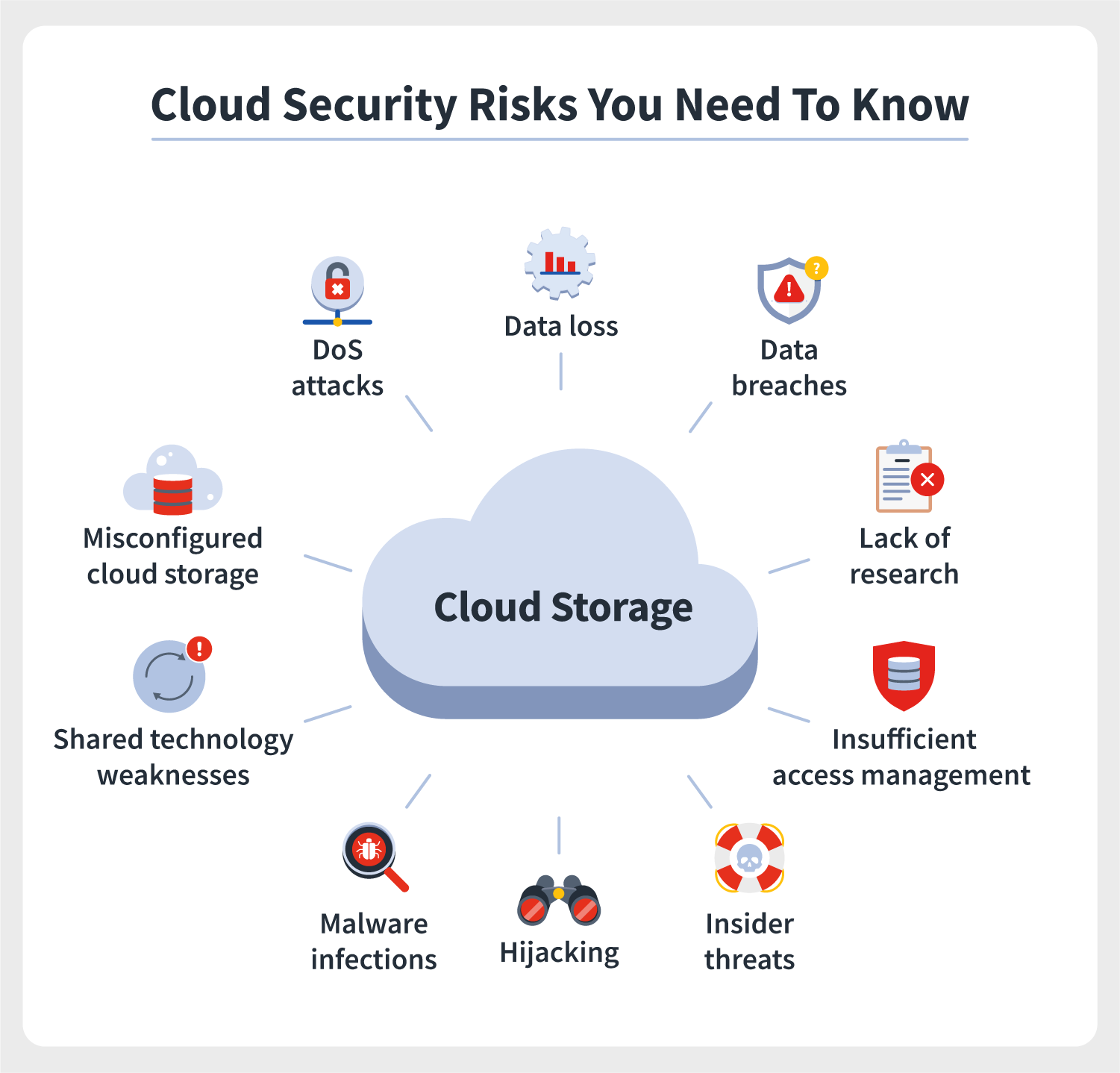Transform Your IT Facilities With Universal Cloud Solutions
In today's swiftly evolving electronic landscape, the change towards global cloud services has become a strategic imperative for organizations looking to boost their IT infrastructure. By checking out the nuanced ways in which global cloud services can be tailored and integrated, organizations can truly open their full capacity in attaining electronic makeover and competitive advantage in the market.
Benefits of Universal Cloud Services
Welcoming universal cloud services offers organizations a myriad of advantages that streamline operations and improve scalability in today's vibrant digital landscape. One vital advantage is cost-efficiency, as cloud solutions remove the need for upfront financial investments in hardware and framework. This pay-as-you-go design permits organizations to range sources up or down based on their requirements, optimizing investing and minimizing overall IT expenses. Additionally, cloud services offer adaptability and access, making it possible for workers to accessibility data and applications from anywhere with a net connection. This not only enhances cooperation and efficiency but additionally supports remote job arrangements, which have actually become significantly prevalent in the contemporary service globe.
In addition, global cloud solutions offer better protection actions, with data encryption, routine back-ups, and integrated catastrophe recuperation systems. On the whole, welcoming universal cloud solutions can lead to enhanced performance, agility, and competition for companies in today's electronic age.
Migration to Cloud Facilities
Organizations progressively identify the tactical imperative of transitioning their IT infrastructure to cloud-based solutions. Moving to cloud facilities deals many advantages, including scalability, cost-efficiency, and boosted agility. One of the main factors firms select cloud movement is the capacity to scale resources up or down based on varying needs, guaranteeing optimal performance without overprovisioning. Cloud services get rid of the demand for considerable upfront investments in physical hardware, minimizing capital expenses and permitting companies to pay just for the sources they use.
An additional benefit of migrating to shadow facilities is the improved agility it offers. Cloud platforms use quick release of applications and solutions, making it possible for services to adjust swiftly to market modifications and stay in advance of rivals. Furthermore, the cloud assists in remote access to applications and data, fostering cooperation amongst geographically dispersed groups.
Enhancing Information Safety Steps

One important aspect of boosting data security is executing multi-factor authentication (MFA) to include an additional layer of defense beyond passwords. MFA requires users to provide 2 or more verification factors, such as a password and find out this here an one-of-a-kind code sent to their smart phone, prior to accessing delicate data. This dramatically minimizes the danger of unapproved gain access to, also if passwords are compromised.
Furthermore, companies must on a regular basis perform security audits and susceptability evaluations to recognize and deal with possible weaknesses in their information security facilities - linkdaddy universal cloud storage. By remaining proactive and constantly boosting data protection steps, companies can effectively alleviate risks and secure their valuable information possessions in a significantly digital globe
Carrying Out Cloud-Based Applications
In adjusting to modern technological innovations, organizations are progressively leveraging cloud-based applications to enhance their procedures and enhance efficiency. Cloud-based applications use a variety of benefits, including cost-effectiveness, adaptability, and scalability. By implementing cloud-based applications, companies can improve processes, boost cooperation among teams, and enhance total productivity.

Furthermore, executing cloud-based applications can cause much better data administration and security. Website These applications commonly have built-in protection functions and use information security to secure sensitive information. This can aid companies conform with data protection regulations and reduce the risk of information breaches. Overall, taking on cloud-based applications can transform just how organizations run, driving technology and competition in today's digital landscape.
Making The Most Of Cost-Efficiency
To attain ideal cost-efficiency in leveraging cloud-based applications, companies need to tactically examine their source allowance and utilization. One key strategy for optimizing cost-efficiency is to adopt a pay-as-you-go version, where organizations only spend for the solutions and resources they utilize. This adaptability enables for price savings by getting rid of the need to spend in expensive facilities that might not be completely utilized.

Routine monitoring and optimization of cloud sources are important for recognizing areas where cost-savings can be achieved. By evaluating use patterns and performance metrics, companies can make enlightened decisions about resource allowance and further enhance their operations to optimize cost-efficiency in the cloud.
Verdict
In conclusion, universal cloud services use numerous advantages such as cost-efficiency, flexibility, improved safety steps, and automated updates. Moving to cloud framework allows companies to utilize scalability, cost-efficiency, and dexterity to stay affordable. Applying durable data safety and security steps and cloud-based applications further enhance data security and drive innovation. Making best use of cost-efficiency via pay-as-you-go models, automated resource scaling, and optimization strategies makes certain optimum use of cloud sources and overall expense savings.
Additionally, cloud solutions provide versatility and ease of access, making it possible for employees to gain access to information and applications from anywhere with an internet link.Moreover, global cloud solutions provide better safety measures, with information encryption, routine back-ups, and integrated calamity recovery devices. Cloud systems offer fast release of services and applications, making it possible for organizations to adjust rapidly to market adjustments and remain ahead of rivals. Furthermore, the cloud promotes remote accessibility to data and applications, fostering cooperation among geographically dispersed teams.
In final thought, global cloud services offer various benefits such as cost-efficiency, versatility, boosted security steps, and automated updates.